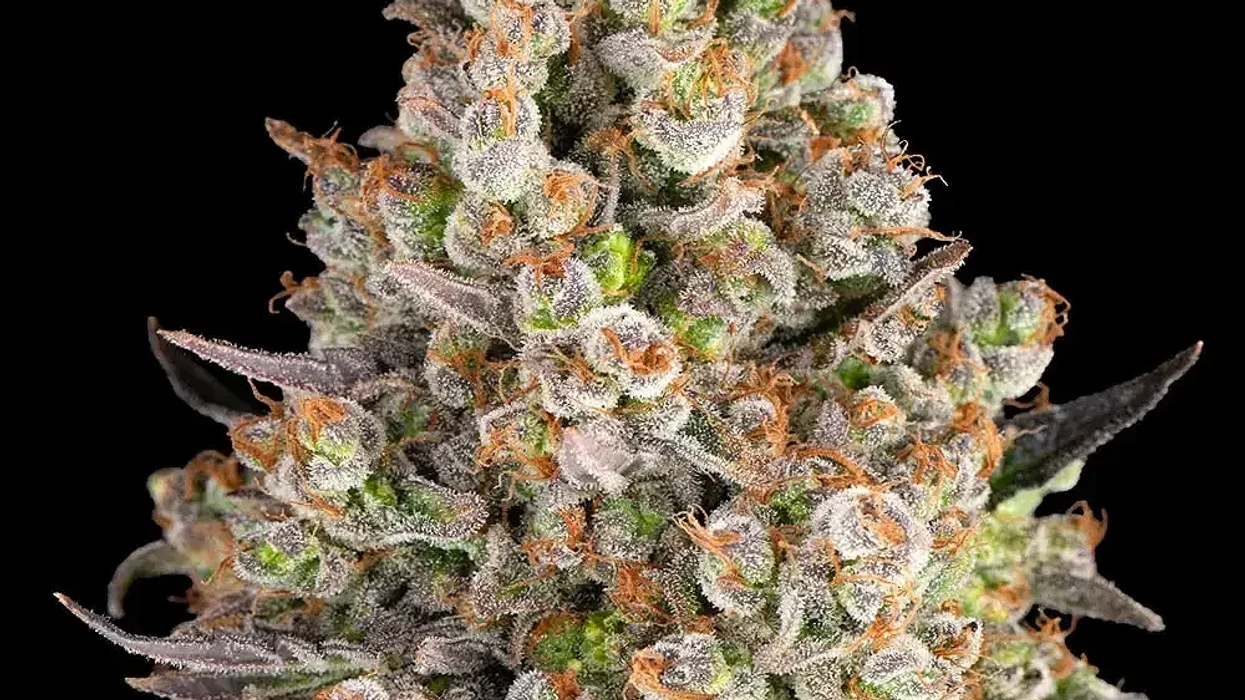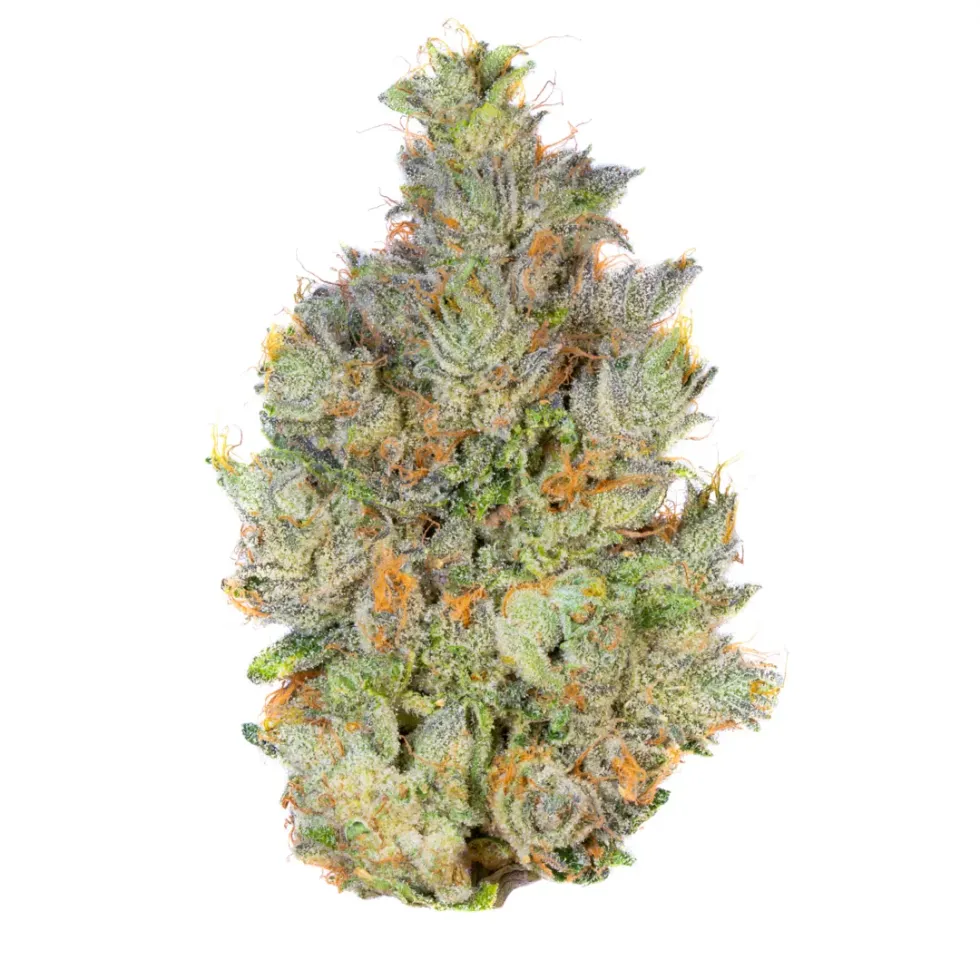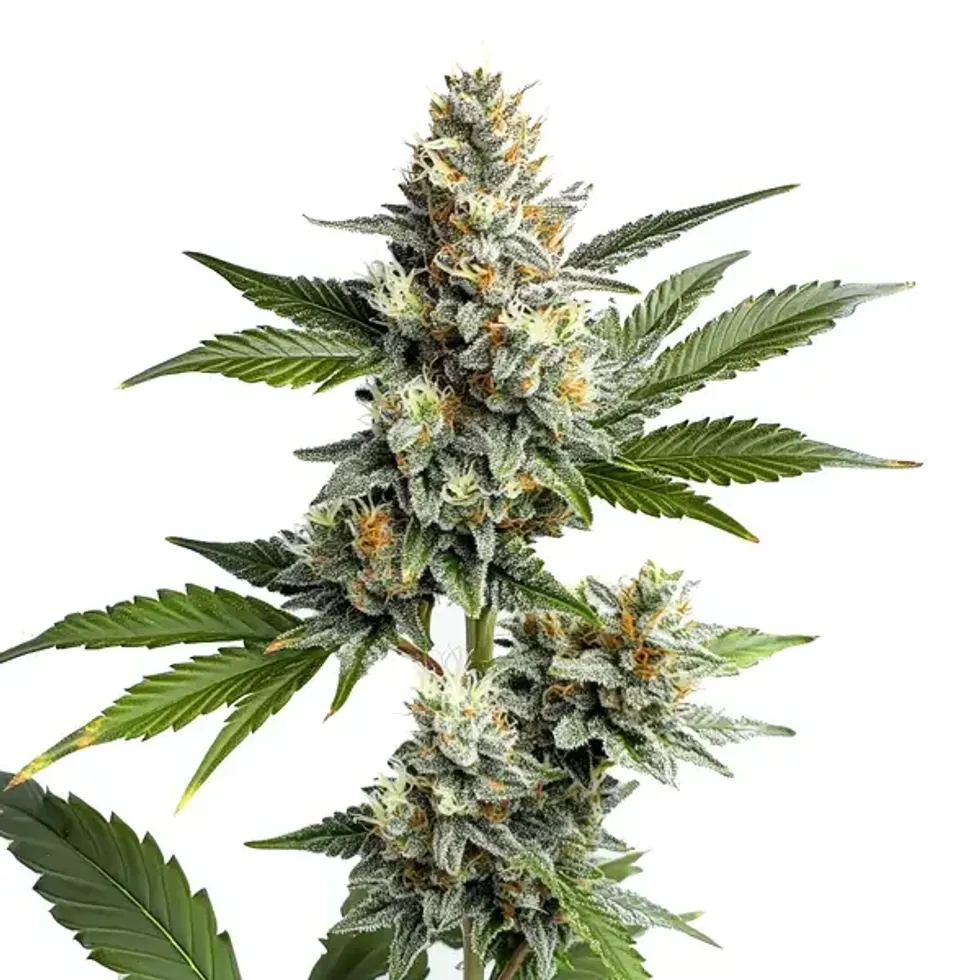Have you ever wondered why cannabis is helpful for so many ailments?
It is widely considered by many to be humanity’s best natural medicine, but why?
The answer to this important question is mind-blowing. And if more people knew about this, it might solve a lot of issues.
Maybe you’ve heard of the endocannabinoid system (ECS)?
This is the system in your body which cannabis interacts with, directly and indirectly.
Every mammal has an ECS, and if you love being healthy, you’ll see why learning about it is a great idea.
Essentially, the ECS is a series of receptors and signals attached to the surface of your cells, and this system governs most of the metabolic processes in your body, such as:
- Immune Response
- Appetite
- Fertility
- Digestion
- Sensitivity to Pain
- Inflammation
- Neurotransmission
- Emotion
- Eye Pressure
- Sleep Cycles
- Bone Growth
- Baby Breastfeeding Reward
The list goes on at length. The ECS is the impresario of it all. More of this signal; less of that signal. Balance is key, and oftentimes the ECS needs some help.
The Discovery of the ECS
Researchers first discovered the ECS in the late 1980s when observing how THC interacted within the body.
They marveled at the overwhelming number of receptor sites where the THC molecule was attaching itself.
Scientists then discovered that THC was mimicking compounds our bodies produce naturally, which came to be called endocannabinoids, also part of the ECS.
They eventually found cannabinoid receptors not just throughout the brain and nervous system, but in all the inner organs, as well as the skin and the eyes.
The only place you don’t have cannabinoid receptors is the brainstem, which is why it’s practically impossible to lethally overdose on cannabis.
Targeting the ECS for Optimized Health
When a person (or animal) is experiencing chronic health issues, it makes sense to target the ECS first when you consider all the processes for which this precious system is responsible.
Like any part of the body, the ECS doesn’t always function perfectly.
In fact, researchers and practitioners are discovering that a malfunctioning ECS – also known as clinical endocannabinoid deficiency – is the probable cause with illnesses we previously couldn’t explain or treat very well, such as scleroderma, fibromyalgia, irritable bowel syndrome, and more.
The problem is that most physicians have no idea what the ECS is. Most medical schools don’t teach it, except for maybe a short section in a textbook and that’s it.
Nobody can really explain why the med schools have overlooked the ECS, which is another article.
Whatever the reason, you’re here now, learning about the ECS, what it is, how to take care of it, and how to keep it strong.
Here’s some of the current research about that.
How to Take Care of The ECS
If you want to take care of your ECS (so that it takes care of you), you’re in luck! There are several, natural ways to target this system for health.
Taking care of your ECS is relevant for physical and mental health, and preventative health as well.
And no, I’m not a health professional (remember, most of them never learned about the ECS!), just a researcher outlining important info for anybody who needs it and wants to further investigate for themselves.
Here are four ways to take care of or target the ECS:
The ECS and Cannabis
Cannabis is one of the most well-known, most immediate ways to naturally target the ECS. The cannabinoid compounds in cannabis mimic ECS compounds your body is supposed to produce naturally.
Not everybody is going to have a perfectly functioning ECS. Whether it’s through neglect, stress, trauma, or genetics – if something is wrong, why not supplement the ECS with important compounds that it is supposed to be producing anyways?
Of course, regularly overdoing it with cannabis can also have an impact on the ECS, swinging the balance in the other direction. This could explain why occasional tolerance breaks or lower doses of cannabis are helpful if you find the herb giving you more side effects than benefits.
The ECS and Exercise
Scientists continue to learn more about the connection between exercise and ECS health.
For instance, have you ever felt that runner’s high? Those are endocannabinoids pumping through your blood. It feels good for a reason! Your body is telling you it wants to run more often. Your ECS is saying YES!
It’s no wonder our physical and mental health take a hit when we do not exercise or have sex regularly.
Even if you’re physically limited as to what exercises you can and cannot do, something is better than nothing here if you value your overall health and wellbeing.
The ECS and Nutrition
It was Hippocrates in Ancient Greece, who said, “Let food be thy medicine.” He knew what he was talking about.
Today, it’s easy to find lists of food choices that raise or lower your risk of cancer, obesity, depression, anxiety, etc.
And, of course, the tragic irony here is that doctors do not study nutrition, even though they take the Hippocratic oath.
For instance, most people don’t know that added sugar is an inflammatory agent, so if you have a condition with chronic pain, sugar will probably make it worse!
Getting your nutrition dialed in is absolutely key for a well-functioning ECS. Avoiding processed foods, avoiding added sugars – that’s just a start.
Dr. Dustin Sulak, D.O., a renowned integrated medicine physician based in Maine, recommends several areas of nutrition for endocannabinoid enhancement, including:
- Essentialy Fatty Acids
- Chocolate
- Herbs
- Spices
- Tea
The balance of essential fatty acids is interesting because it’s so easy to miss, even if you think you’re eating healthy.
“A healthy ratio of omega-3 and omega-6 fatty acids can enhance the activity of the endocannabinoid system,” Sulak writes, emphasizing that too much omega-6 can actually cause your cannabinoid receptors to “downregulate.”
Notably, Western diets are typically heavy in omega-6 oils found in various cooking oils and animal products such as meat, poultry, and eggs.
For a stronger balance, Sulak suggests several options:
- Hemp Seeds and Hemp Oil
- Flax Seeds (grind at home in a coffee grinder) and Flax Oil
- Chia Seeds
- Walnuts
- Sardines and Anchovies
- Eggs (pasture-fed or omega-3 enriched only)
Sulak also recommends cacao powder, which seems to have a positive effect on the ECS.
You can also try a lot of different herbs known for their ECS activity:
- Black Pepper (freshly ground)
- Oregano
- Cinnamon
- Clove
- Cannabis
- Echinacea (used up to 2 weeks at a time)
And of course, we can’t forget Dr. Sulak’s list of foods to avoid:
- Processed Grains [white breads, crackers, biscuits, pasta, etc]
- Chronic alcohol consumption
- Refined sugar
- Trans fats
- Foods fried in vegetable oil such as peanut, corn and soy oil
- Pesticides (eat organic)
The ECS and Stress Reduction
Regularly monitoring and managing your stress levels is also important for your ECS.
The connection between the ECS and stress is eye-opening.
For one, the ECS is responsible for managing your response to fear (the very core of stress). Essentially, the dysregulation of the ECS could lead to psychiatric disorders, according to one published study.
The ECS is also responsible for neurotransmitter levels related to mental health and stress response: noradrenaline, serotonin, GABA, glutamate, and adrenaline.
In short, research shows stress can throw your ECS out of balance, which can potentially lead to other health issues if left unchecked.
Tackling stress brings us full circle back to cannabis, exercise, and nutrition – take care of your ECS so it takes care of you.
Need a little more Bluntness in your life? Check out our YouTube page!







 11 Signs You've Greened Out and How to Handle It - The Bluntness
Photo by
11 Signs You've Greened Out and How to Handle It - The Bluntness
Photo by  11 Signs You've Greened Out and How to Handle It - The Bluntness
Photo by
11 Signs You've Greened Out and How to Handle It - The Bluntness
Photo by 






 The Truth About THC Candle: Cannabis Candles & How to Make Your Own - The Bluntness
Photo by
The Truth About THC Candle: Cannabis Candles & How to Make Your Own - The Bluntness
Photo by 
 OG Kush Strain: The West Coast Classic That Defined a Generation - The BluntnessAlien Labs
OG Kush Strain: The West Coast Classic That Defined a Generation - The BluntnessAlien Labs OG Kush Strain: The West Coast Classic That Defined a Generation - The Bluntness
OG Kush Strain: The West Coast Classic That Defined a Generation - The Bluntness
 What will you do with that cannabis kief collection? - Make Coffee! The Bluntness
What will you do with that cannabis kief collection? - Make Coffee! The Bluntness DIY: How to Make Kief Coffee - The Bluntness
Photo by
DIY: How to Make Kief Coffee - The Bluntness
Photo by 